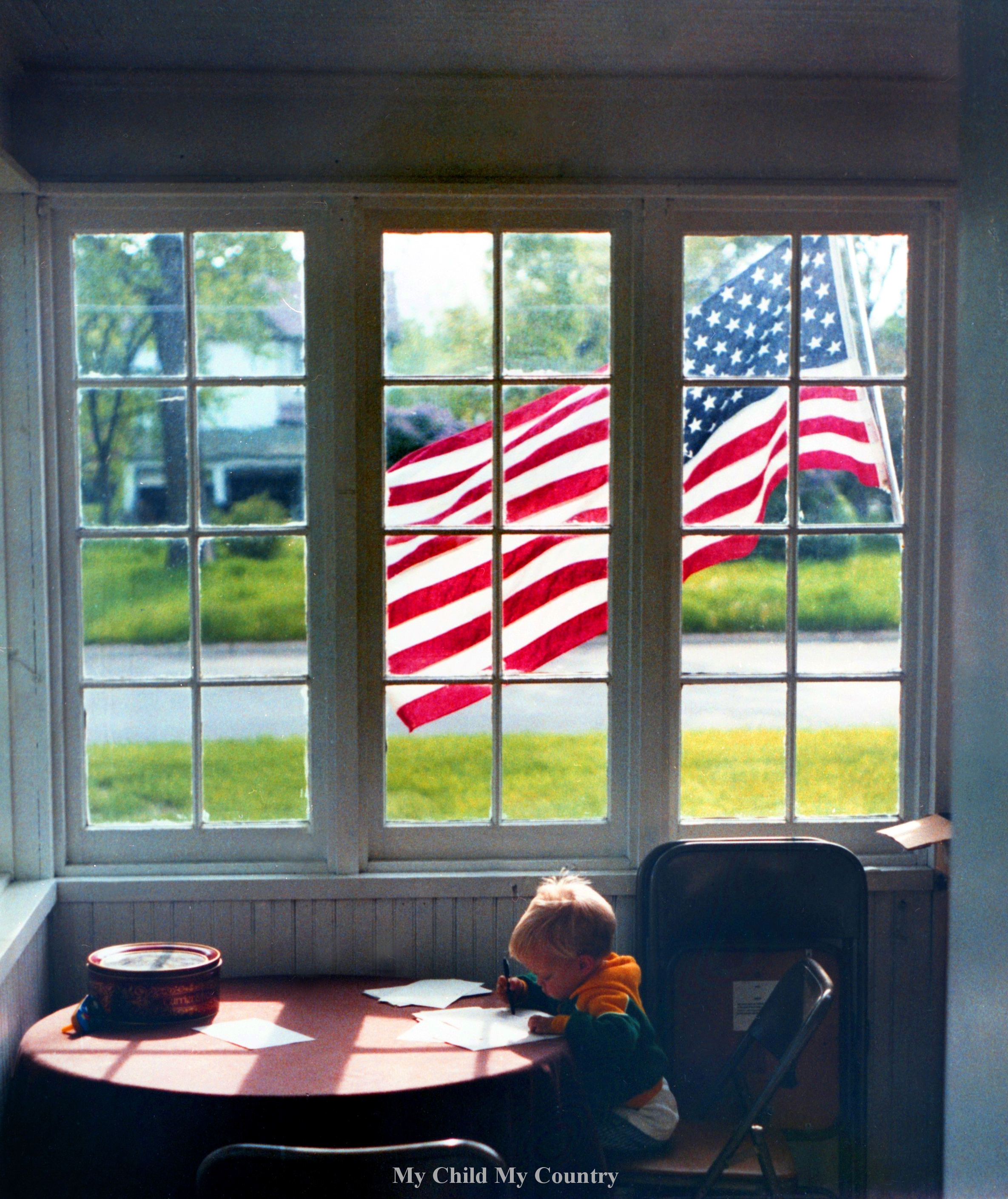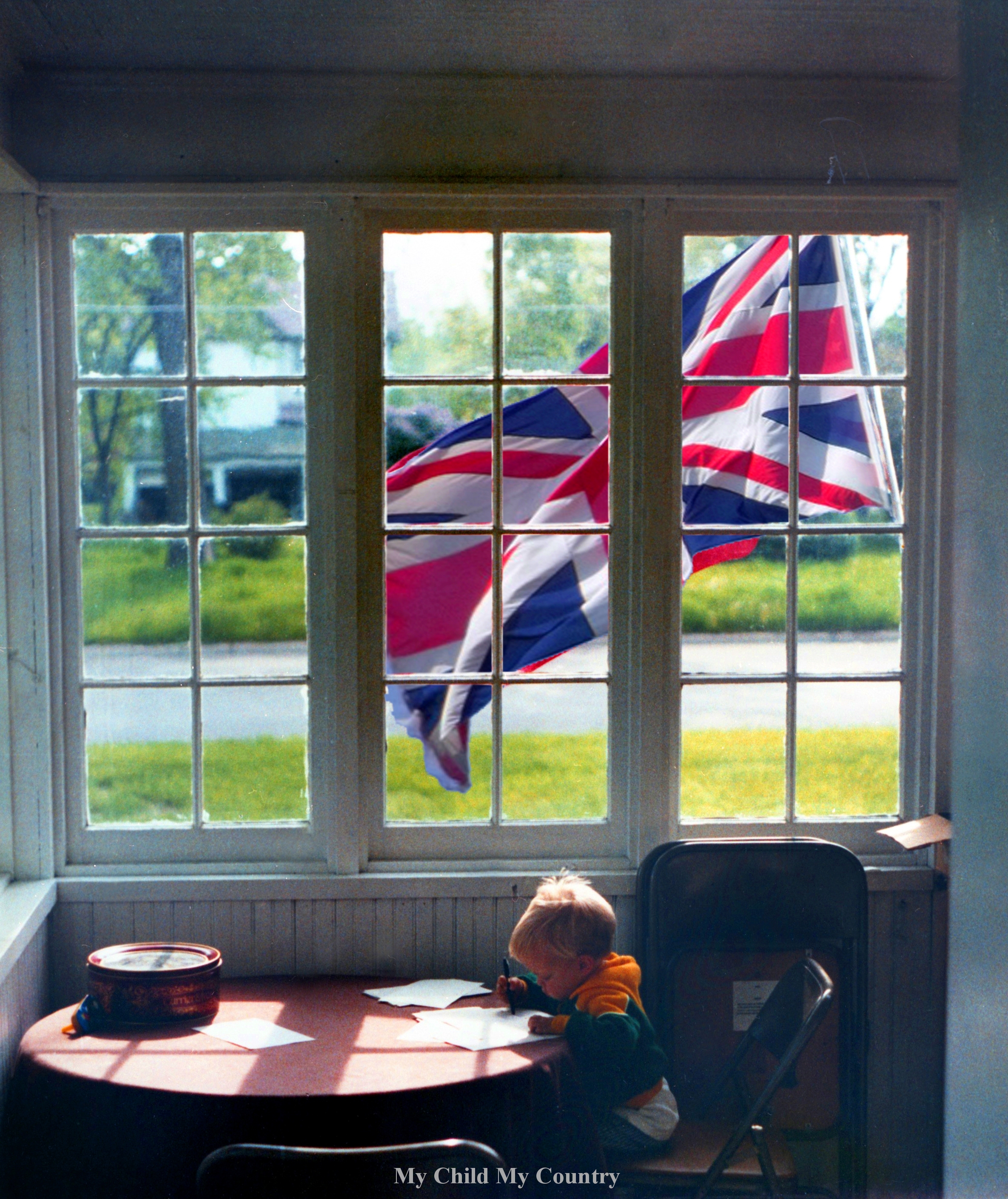QUOTES FROM OUR PRESIDENTS # 32 FDR, NEW DEAL AND WAR PRESIDENT (four terms)
by John Curtis | May 10, 2020 | John's Blog |
We compare 44 President’s quotes in history to 45. This proves that Trump is inept, unqualified, unprepared, corrupt, incapable of the truth, without conscience, without honor, lacks empathy, and is truly what psychiatrists call a malignant narcissist. Our Democracy is shaking and if elected again, we and the World will be slaves to the rich and powerful. Dictatorship will follow. We will be publishing quotes from former Presidents every day for 44 straight days and compare them to 45, our current President YAHOO!
Franklin Delano Roosevelt: 
(Born and died, January 30, 1882 – April 12, 1945), often referred to by his initials FDR, was an American politician who served as the 32nd president of the United States from 1933 until his death in 1945. A member of the Democratic Party, he won a record four presidential elections and became a central figure in world events during the first half of the 20th century. Roosevelt directed the federal government during most of the Great Depression, implementing his New Deal domestic agenda in response to the worst economic crisis in U.S. history. As a dominant leader of his party, he built the New Deal Coalition, which realigned American politics into the Fifth Party System and defined American liberalism throughout the middle third of the 20th century. His third and fourth terms were dominated by World War II, which ended shortly after he died in office. He is usually rated by scholars among the nation’s greatest presidents, after George Washington and Abraham Lincoln, but has also been subject to substantial criticism.
Roosevelt was born in Hyde Park, New York, to a Dutch American family made well known by the reputation of Theodore Roosevelt, the 26th president of the United States, and William Henry Aspinwall. FDR graduated from Groton School and Harvard College and attended Columbia Law School but left after passing the bar exam to practice law in New York City. In 1905, he married his fifth cousin once removed, Eleanor Roosevelt. They had six children, of whom five survived into adulthood. He won election to the New York State Senate in 1910, and then served as Assistant Secretary of the Navy under President Woodrow Wilson during World War I. Roosevelt was James M. Cox’s running mate on the Democratic Party’s 1920 national ticket, but Cox was defeated by Republican Warren G. Harding. In 1921, Roosevelt contracted a paralytic illness, believed at the time to be polio, and his legs became permanently paralyzed. While attempting to recover from his condition, Roosevelt founded the treatment center in Warm Springs, Georgia, for people with poliomyelitis. In spite of being unable to walk unaided, Roosevelt returned to public office by winning election as Governor of New York in 1928. He served as governor from 1929 to 1933, promoting programs to combat the economic crisis besetting the United States.
In the 1932 presidential election, Roosevelt defeated Republican President Herbert Hoover in a landslide. Roosevelt took office in the midst of the Great Depression, the worst economic crisis in U.S. history. During the first 100 days of the 73rd United States Congress, Roosevelt spearheaded unprecedented federal legislation and issued a profusion of executive orders that instituted the New Deal—a variety of programs designed to produce relief, recovery, and reform. He created numerous programs to provide relief to the unemployed and farmers while seeking economic recovery with the National Recovery Administration and other programs. He also instituted major regulatory reforms related to finance, communications, and labor, and presided over the end of Prohibition. He harnessed radio to speak directly to the American people, giving 30 “fireside chat” radio addresses during his presidency and becoming the first American president to be televised. The economy having improved rapidly from 1933 to 1936, Roosevelt won a landslide reelection in 1936. However, the economy then relapsed into a deep recession in 1937 and 1938. After the 1936 election, Roosevelt sought passage of the Judiciary Reorganization Bill of 1937 (the “court packing plan”), which would have expanded the size of the Supreme Court of the United States. The bipartisan Conservative Coalition that formed in 1937 prevented passage of the bill and blocked the implementation of further New Deal programs and reforms. Major surviving programs and legislation implemented under Roosevelt include the Securities and Exchange Commission, the National Labor Relations Act, the Federal Deposit Insurance Corporation, Social Security, and the Fair Labor Standards Act of 1938.
The United States reelected FDR in 1940 for his third term, making him the only U.S. President to serve for more than two terms. With World War II looming after 1938, Roosevelt gave strong diplomatic and financial support to China, the United Kingdom and eventually the Soviet Union while the U.S. remained officially neutral. Following the Japanese attack on Pearl Harbor on December 7, 1941, an event he famously called “a date which will live in infamy”, Roosevelt obtained a congressional declaration of war on Japan, and, a few days later, on Germany and Italy. Assisted by his top aide Harry Hopkins and with very strong national support, he worked closely with British Prime Minister Winston Churchill, Soviet leader Joseph Stalin and Chinese Generalissimo Chiang Kai-shek in leading the Allied Powers against the Axis Powers. Roosevelt supervised the mobilization of the U.S. economy to support the war effort, and implemented a Europe first strategy, making the defeat of Germany a priority over that of Japan. He also initiated the development of the world’s first atomic bomb, and worked with the other Allied leaders to lay the groundwork for the United Nations and other post-war institutions. Roosevelt won reelection in 1944, but with his physical health declining during the war years, he died in April 1945, less than three months into his fourth term. The Axis Powers surrendered to the Allies in the months following Roosevelt’s death, during the presidency of his successor, Harry S. Truman.
“Franklin Delano Roosevelt:
“Great power involves great responsibility,” he noted. The wise use of American political, economic and military power could prevent “a third world war.”
“The only limit to our realization of tomorrow will be our doubts of today,” he wrote. “Let us move forward with strong and active faith.”
“Let me assert my firm belief that the only thing we have to fear is fear itself…nameless, unreasoning, unjustified terror which paralyzes needed efforts to convert retreat into advance.”
“When you get to the end of the rope, tie a know and hang on.”
(on public speaking) Be sincere; be brief; be seated.”
“It’s a terrible thing to look over your shoulder when you are trying to lead-and find no one there.”
“These Republican leaders have not been content with attacks upon me, or my wife, or on my sons-no, not content with that, they now include my little dog, Fala. Unlike the members of my family, he resents this.”
“Democracy is not a static thing. It is an everlasting march.”
“The saving grace of America lies in the fact that the overwhelming majority of Americans are possessed of two great qualities—a sense of humor and a sense of proportion.”
“We can afford all that we need; but we cannot afford all we want.”
“Happiness lies not in the mere possession of money; it lies in the joy of achievement, in the thrill of creative effort.”
“I see one-third of a nation ill-housed, ill-clad, ill-nourished.”
“The test of our progress is not whether we add more to the abundance of those who have much; it is whether we provide enough for those who have too little.”
“Here is my principle: Taxes shall be levied according to ability to pay. That is the only American principle.”
“We must be the great arsenal of democracy.”
“The truth is found when men are free to pursue it.”
“As a nation we may take pride in the fact that we are soft-hearted; but we cannot afford to be soft-headed. We must always be wary of those who with sounding brass and a tinkling cymbal preach the ism of appeasement. We must especially beware of that small group of selfish men who would clip the wings of the American eagle in order to feather their own nests.”
“In the future days, which we seek to make secure, we look forward to a world founded upon four essential human freedoms. The first is freedom of speech and expression-everywhere in the world. The second is freedom of every person to worship God in his own way-everywhere in the world. The third is freedom from want…everywhere in the world. The fourth is freedom from fear…anywhere in the world.”
“We…would rather die on our feet than live on our knees.”
“(on the presidency) The first twelve years are the hardest.”
Donald Trump:
“Let’s put it this way, I’m not concerned, OK?”
In which the President dismisses questions about the fact that he was photographed over the weekend with a Brazilian press aide who has been diagnosed with the coronavirus. Sure. OK.
“They have a million tests out now. They’re going to have, over the next few days, they’re going to have 4 million tests out. And frankly, the testing has been going very smooth.”
“The idea of anybody getting it easily, the way people in other countries are doing it, we’re not set up for that. Do I think we should be? Yes. But we’re not. That is a failing. It is a failing. Let’s admit it.” — Dr. Anthony Fauci, today
“We’re doing it the opposite, we’re very much ahead of everything.”
Simply not true.
“Well, I think the Democrats won’t be having rallies, but nobody showed up to their rallies anyway, so what difference does it make?”
Very “modern-day presidential” stuff here. Very.
Donald Trump Calls Poor People ‘Morons’
“My entire life, I’ve watched politicians bragging about how poor they are, how they came from nothing, how poor their parents and grandparents were. And I said to myself, if they can stay so poor for so many generations, maybe this isn’t the kind of person we want to be electing to higher office. How smart can they be? They’re morons.”
—In a New York Times interview with Maureen Dowd (Nov. 28, 1999)
Donald Trump on the Candidates
“I think the only difference between me and the other candidates is that I’m more honest and my women are more beautiful.”








